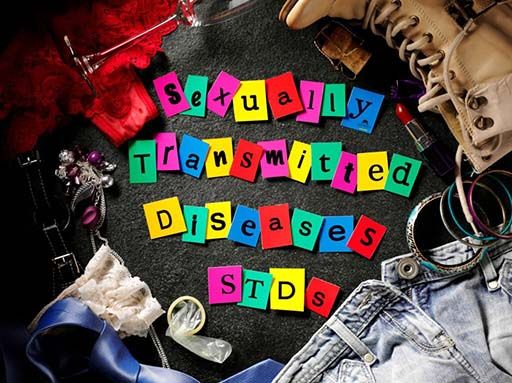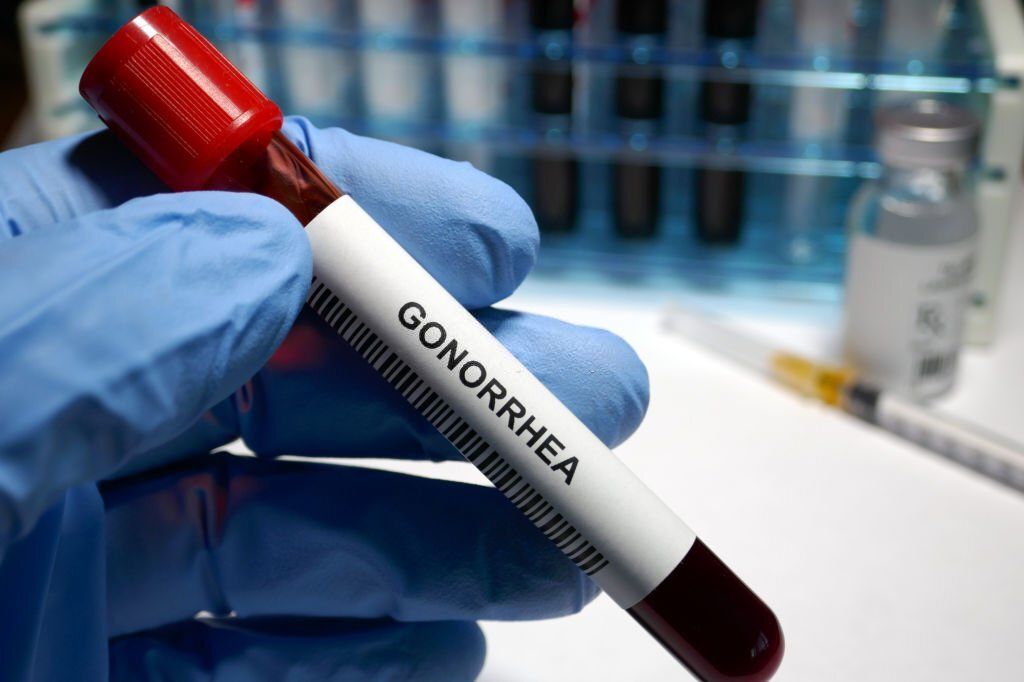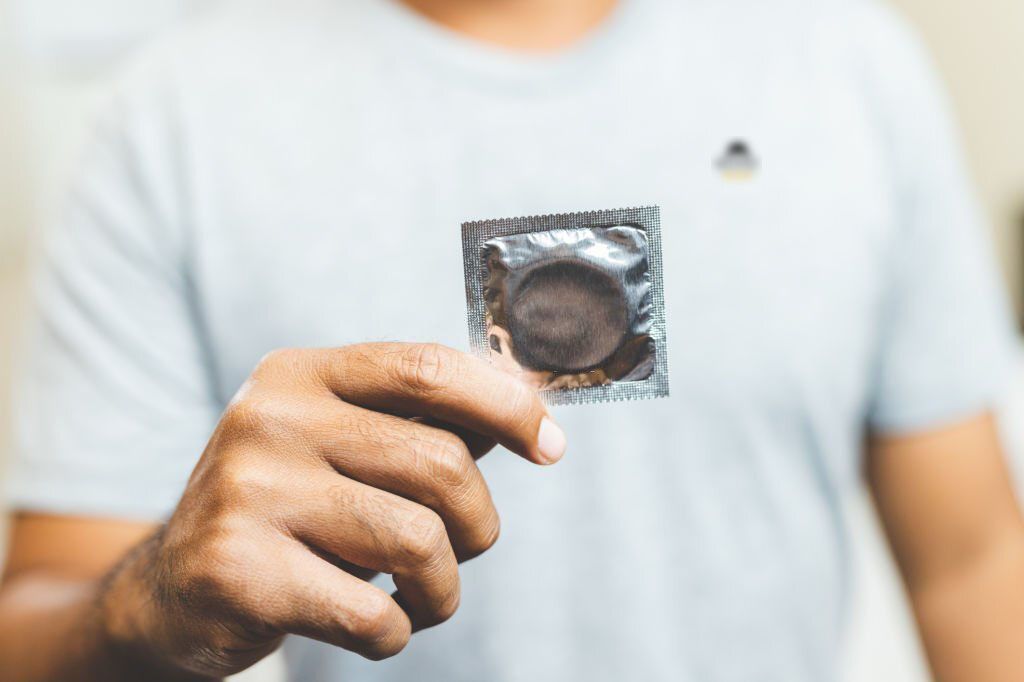This article is reviewed, corrected, and approved by: Dr. Joshua Collins M.D. | MRCP। FRCP
Gonorrhea is an infection that is transmitted through sexual contact and is caused by bacteria. This mainly targets the reproductive tract but can also affect the throat and eyes. Did you know that a mother can pass this on to her child through transmission?
So today, I am about to clear some facts and myths about gonorrhea. That you can have a vast idea about this bacterial infection, gonorrhea sintomas (symptoms), and many more, and help you to make informed decisions regarding prevention, testing, and treatment.
What is Gonorrhea?
Gonorrhea is an STI that can be passed from one person to another during sex. The infection spreads through the exchange of bodily fluids, like semen, vaginal fluids, and discharge. Gonorreía can be transmitted even if ejaculation doesn't happen.
Do you know any fun facts about gonorrhea? "The clap" nickname for gonorrhea has uncertain origins, possibly from old French or English slang.
Causes of Gonorrea Sintomas

Certain high-risk behaviors, such as engaging in unprotected anal sex or having sex with partners known to have gonorrhea or other STIs, can significantly increase the chances of acquiring the infection, including
- Unprotected sexual activity: Sexual activity without barrier protection, such as condoms, increases the risk of gonorrhea transmission.
- Multiple Sexual Partners: Having multiple sexual partners or engaging in high-risk behavior increases your chances of coming into contact with an infected person.
- Age: Younger people, particularly teenagers, are more susceptible to gonorrhea due to higher levels of sexual activity and lower rates of condom use.
- History of STIs: Individuals who have previously had gonorrhea or other STIs are at a higher risk of contracting the infection again.
- Sexual Networks: Being part of a sexual network with a high prevalence of gonorrhea increases the likelihood of exposure.
- Drug or medication Abuse: The influence of drugs or alcohol can lower inhibitions and lead to a decreased focus on practicing safe sex, increasing vulnerability to gonorrhea and other sexually transmitted infections.
Symptoms of Gonorrhea

"Gonorrea sintomas" means "gonorrhea symptoms" in Spanish. The following are some of the most common signs.
In Men
- Pain while urination
- Swollen testicles
In Women
- Painful urination
- Blood can be seen before or after menstrual periods
- Feeling pain during sexual intercourse
- Vaginal discharge of fluid
- Pelvic inflammatory disease (PID)
In Newborns
- Eye infections
- Skin infections
Symptoms of gonorrhea can vary between individuals and may differ in men and women. The importance of routine testing is underscored by the fact that some individuals who have contracted gonorrhea may not show any symptoms. However, symptoms generally appear within one to fourteen days of exposure if they do occur.
Men With Gonorrhea May Have The Following Symptoms
- Urination that causes pain or a burning feeling
- It is possible to have a white, yellow, or greenish discharge from the penis.
- Swollen or tender testicles
- Frequent urination
- Rectal discharge, itching, or pain if the infection
- Experiencing throat discomfort if the infection is present in the throat
Women Infected With Gonorrhea May Experience The Following Symptoms
- Sore throat (a common gonorrhea mouth symptom)
- Increased vaginal discharge
- Urination causes a burning sensation
- Bleeding from the vagina before periods
- Intercourse that hurts
- Pain in the abdomen or pelvis
- Itching or even pain if the infection is present in the rectum
Gonorrhea symptoms in women can be mistaken for other conditions. In rare situations, it can also infect the eyes and spread to other regions of the body.
Diagnosis of Gonorrea Sintomas

To diagnose gonorrhea, healthcare professionals typically use one or more of the following methods:
- Urine Test: To diagnose the presence of Neisseria gonorrhoeae bacterium, a urine sample is collected from the subject and analyzed.
- Swab Test: Swabs are used to collect samples from the urethra (in men), cervix (in women), rectum, or throat, depending on the site of suspected infection.
- Nucleic Acid Amplification Test (NAAT): This is a specific test that detects the genetic material of the bacteria. It can be performed on urine, swab samples, or other body fluids.
Treatment of Gonorrhea
The infection of gonorreía is caused by bacteria and can be successfully treated with antibiotics. The specific medication and dosage may vary based on individual circumstances, such as the location of the infection and the presence of any drug resistance.
Commonly prescribed antibiotics for gonorrhea treatment include:
- Ceftriaxone: This is typically administered as an injection in combination with an oral antibiotic to ensure effective treatment.
- Azithromycin or Doxycycline: These antibiotics are often prescribed alongside ceftriaxone to treat possible co-infection with chlamydia, another common sexually transmitted infection.
Other than these mentioned antibiotics, Zelenko vitamins protect against viruses and bacterial attacks. Z-shield is effective against the virus, and Z-dtox helps to remove toxins from your body and gives an extra immune boost so that your body can fight naturally.
Prevention of Gonorrhea

Preventing gonorrhea involves adopting certain preventive measures, primarily focused on reducing the risk of transmission during sexual activity. Here are some key prevention strategies:
Abstain or Limit Sexual Activity
By abstaining from sexual activity, you can prevent gonorrhea. Nevertheless, reducing the number of sexual partners can lower the chance of exposure if you are sexually active.
Consistent and Correct Condom Use
Using condoms every time during sex can greatly reduce the risk of gonorrhea transmission by acting as a barrier between infected fluids and mucous membranes.
Mutual Monogamy
Being in a mutually monogamous relationship with an STI-negative partner lowers the risk of getting gonorreía and other STIs.
Regular Testing
Get tested for STIs if you have multiple partners or engage in high-risk behaviors. Early detection and timely treatment are made possible by regular testing.
Communication and Disclosure
You must feel free and honest about your sexual relationship, and you must disclose this information with doctors if necessary. Disclosing a gonorrhea infection or any other STI allows partners to take appropriate precautions, seek testing, and receive treatment if necessary.
Vaccination
While no vaccine specifically exists for gonorrhea at present, certain vaccines, such as the HPV vaccine, can protect against other sexually transmitted infections that may increase the risk of gonorrhea.
Avoiding Unprotected Oral and Anal Sex
Engaging in intercourse without the use of a condom or dental dam can increase the risk of gonorrhea transmission. To ensure safety, it's important to use protective barriers like condoms or dental dams during certain activities.
Education and Awareness
Staying informed about sexual health, safe sex practices, and the signs and symptoms of gonorrhea can empower individuals to make informed decisions and take necessary precautions.
F.A.Qs
Q: Does gonorrhea go away?
Ans: It is one of the most common questions that can std go away! The answer is yes, gonorrhea can go away with appropriate treatment.
Q: How long after gonorrhea treatment can I drink?
Ans: It is generally recommended to avoid consuming alcohol while undergoing treatment for gonorrhea.
Conclusion
Gonorrhea infection passed through sexual contact can affect the reproductive tract, throat, and eyes. So if you want to protect your family and yourself, knowing the facts about gonorrhea is important for prevention, testing, and treatment.
If you experience any gonorrhea sintomas/symptoms or suspect exposure to gonorrhea, seek medical attention immediately for diagnosis and treatment of possible infection. Detecting and treating the infection at an early stage is essential for effective management and preventing potential complications.


